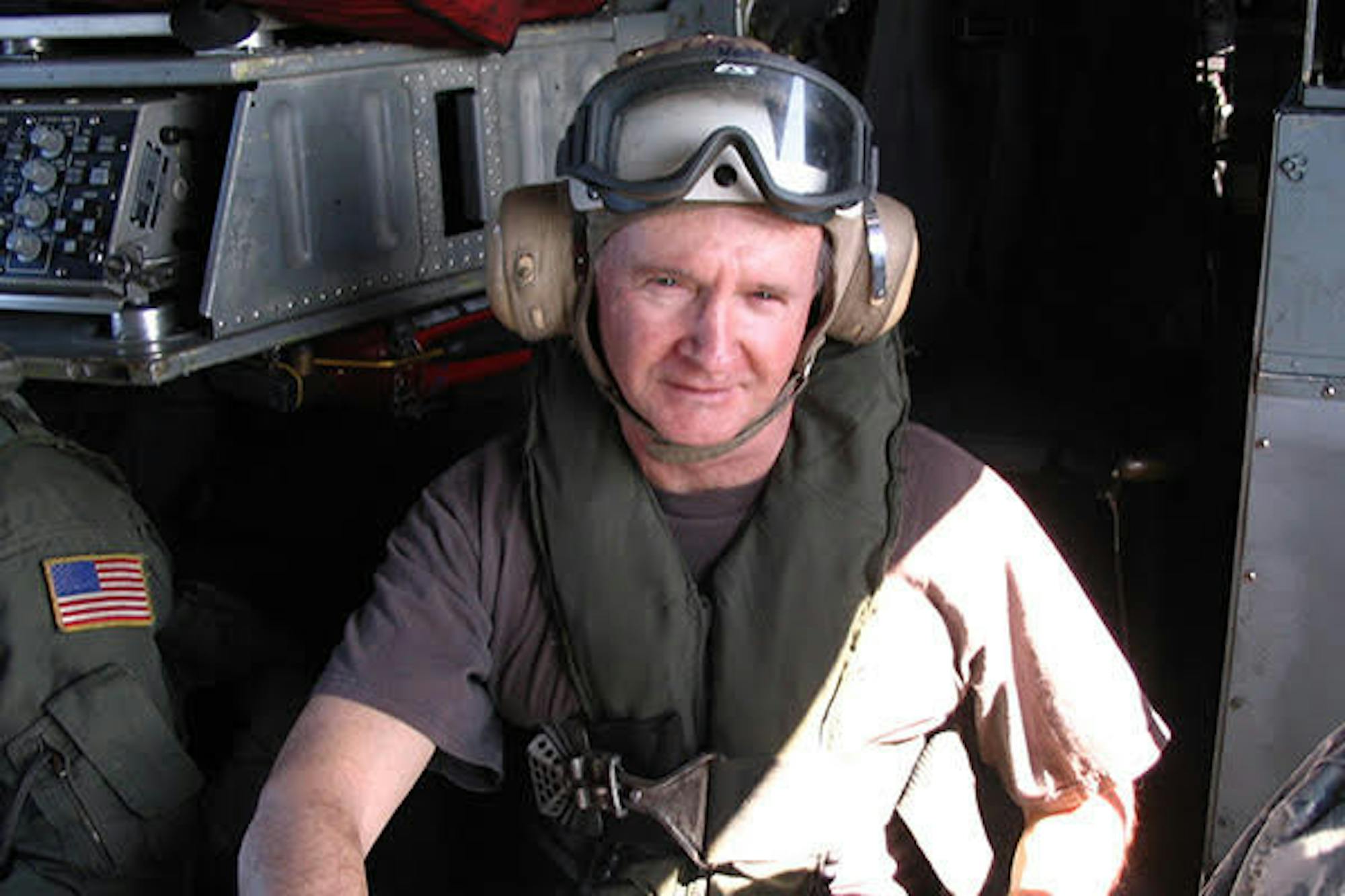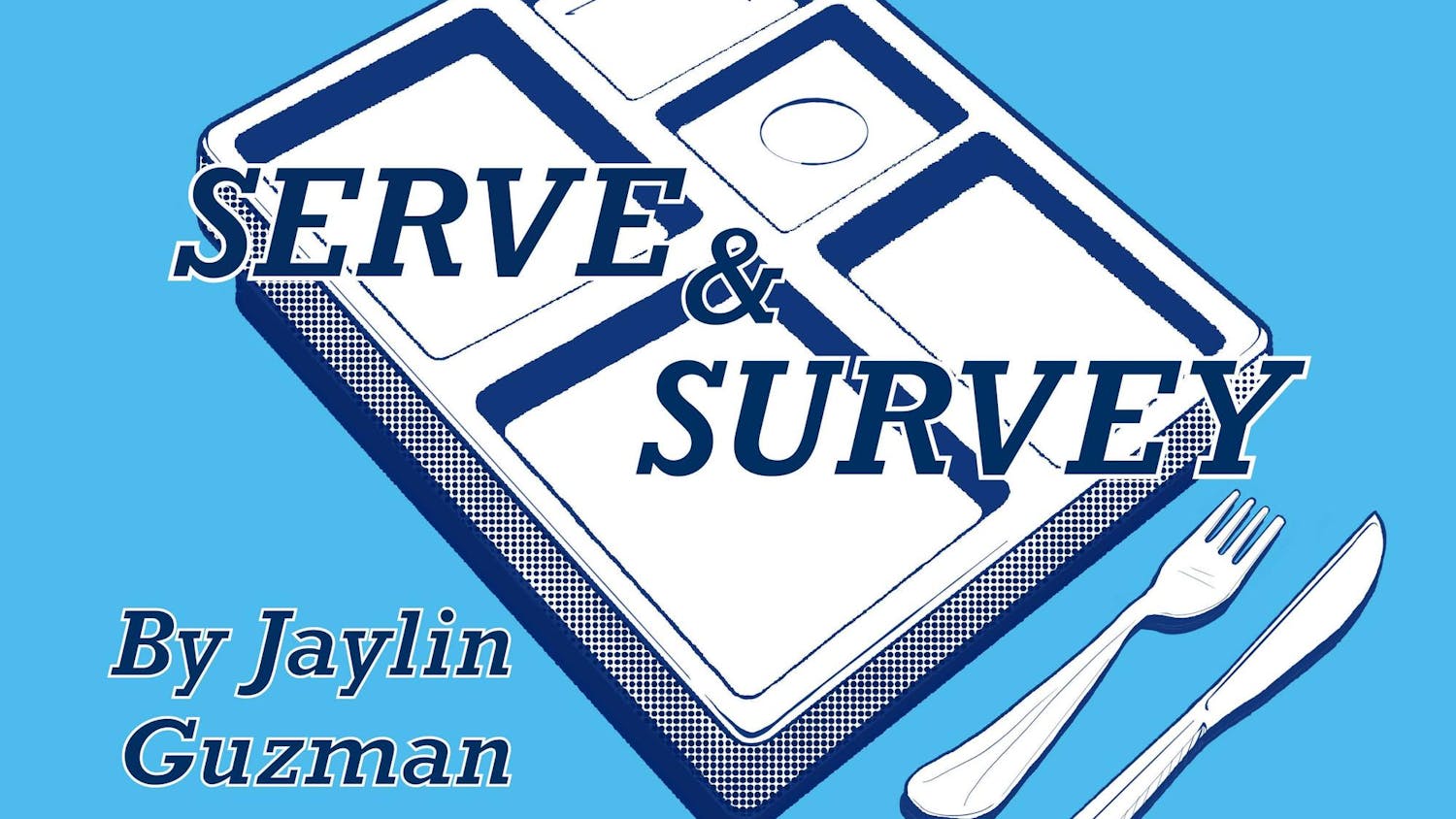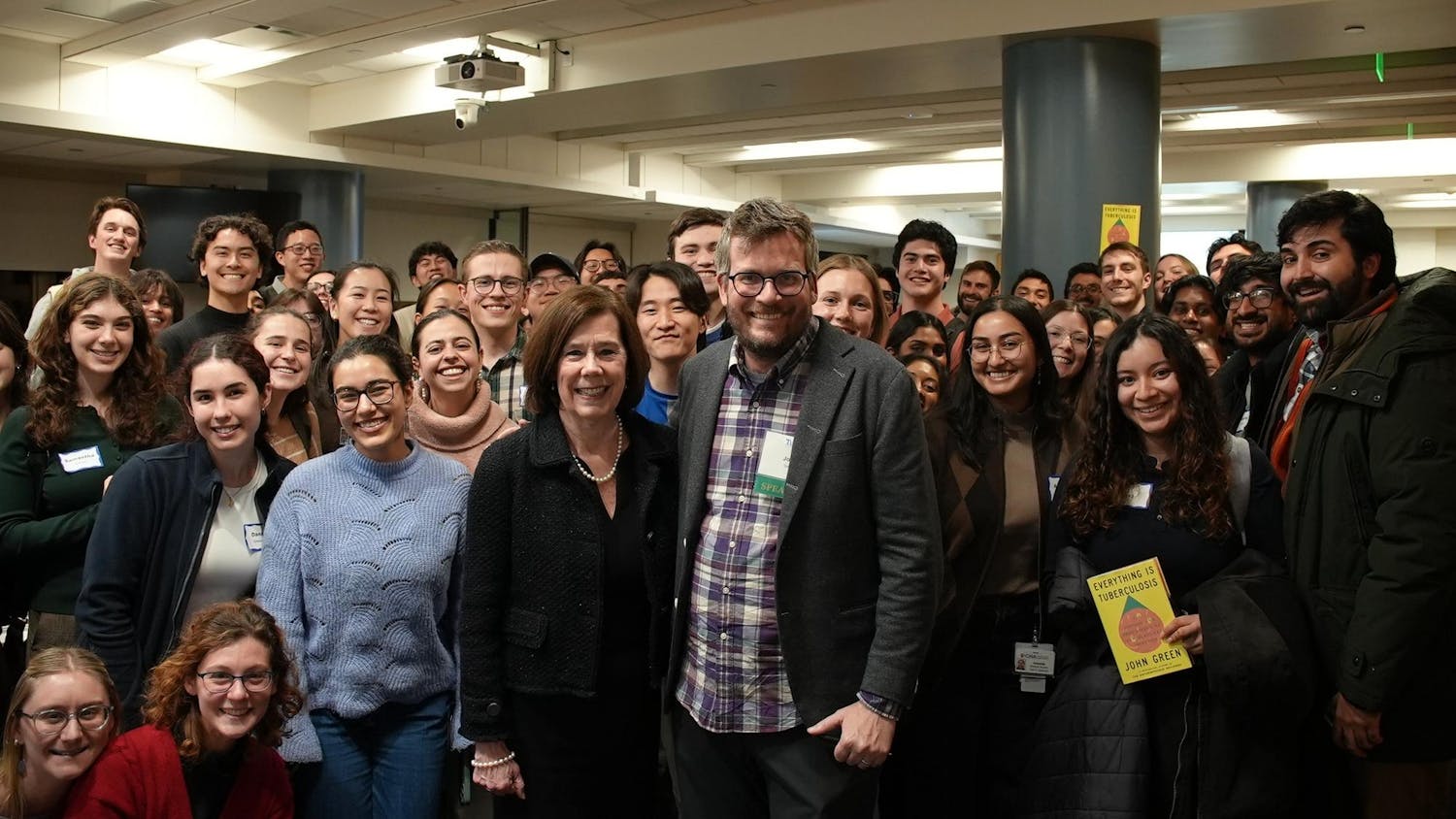Jamal Khashoggi, a Saudi Arabian journalist who published criticisms of the Saudi Crown Prince's policies, was killed inside a Saudi consulate in Istanbul on Oct. 2. While the murder of journalists may seem relatively uncommon, many journalists and individuals conducting research, including Tufts students, either face threats that compromise their personal safety in areas affected by violence or have to work in a repressive environment that compromise their freedoms.
Brian MacQuarrie, a journalist working for the Boston Globe, has years of experience balancing personal safety and his work as a reporter. In 2002, the Globe sent him to Pakistan to independently report on the political atmosphere following 9/11. The Globe gave MacQuarrie journalistic freedom on what to report and how to go about understanding the thoughts of the Pakistani people, the extent of Taliban support and the Pakistani government’s efforts in finding the Taliban.
“Being on the ground, you hope to have the best sense of what the best stories are. It turns into a 24/7 job in which you are just trying to get a sense of what's happening, what's important, what you think they need to know back here,” MacQuarrie said.
The events of the day typically led his investigations. The first day that he arrived in Pakistan, a church 1.5 miles from his hotel was blown up, resulting in five deaths and more than 40 others injured. He spent the next week following the story, attempting to identify who was responsible. A few months later, when the Taliban was supposedly defeated, he was sent to Afghanistan to evaluate America’s effectiveness in reforming and stabilizing the Afghan government. He spent another three months traveling to all parts of the country immersed in the area’s intense political climate.
“There's just a sense of lawlessness [in Afghanistan] that you didn't get in Pakistan. It was a world apart,” MacQuarrie said.
After a brief hiatus where MacQuarrie returned to the United States, he returned to the Middle East for the start of the U.S. invasion of Iraq in 2003. He was embedded with the military for months -- a process that had not been implemented since the Vietnam War. Now, instead of independently chasing stories in dangerous and hostile areas, he was closely tethered to his battalion as they traveled the country on the front lines, susceptible to any war zone dangers. He attended strategy briefings and followed the same itinerary as the colonel and troops.
MacQuarrie experienced uncensored military life and faced some of the same dangers as the troops. However, MacQuarrie was untrained and unarmed. He told the story of the day he crossed the border into Iraq.
“We had just arrived in Baghdad the day it fell. We were in the northwestern part of the city and the battalion had just stopped. We had just parked. The guys get out of their cars and they’re stretching after a long drive that day and shooting starts,” he said, “I'm in the back of the Humvee trying to write my story for that day on my laptop. All of a sudden all of the guys who had been right beside me had fallen back and I hear gunfire getting closer and closer. For some reason, I just kept writing.”
He was caught directly in the crossfire between the U.S. Army and Iraqi militants. As the Iraqis advanced, they got within 20 yards of the vehicle MacQuarrie was in. He eventually put down his laptop and dove into the front seat to hide. He estimated his chances of survival were 50-50. Once the situation was safe again, he continued to write his article.
Without proper training or expectations, MacQuarrie relied on his own instincts to keep himself safe. There is no prescription of when to stop writing or when to abandon a story in order to save one’s life. MacQuarrie even laughed at himself, saying that despite being in the midst of a gunfight, he couldn’t put his laptop down because he had been brainwashed into meeting deadlines. For MacQuarrie, the daily excitement and threat of danger is something he longs for now that he is back in Boston.
“Day after day, week after week, sometimes month after month became the story. You were immersed in it in a way that just consumed you,” MacQuarrie said.
That exhilaration from reporting comes with a risk, especially for those covering large stories scorning governments, as Nan Levinson, a Tufts lecturer in English who teaches journalism classes, said.
“For some people, it just gets under their skin and they can’t look the other way. It’s a real adrenaline high. To follow a story that no one else is following, that’s exciting. So imagine it’s a big corruption [case] ... how exciting that would be and how paranoid you’d have to be,” Levinson said.
Levinson added that certain governments may target journalists for assassination, while others may attempt to limit freedom of the press by restricting entry into certain places, require excessive permits, slander journalists' reputations or spread false news.
Some of these limitations affect Tufts students conducting summer research as well. Benjamin Cooper, a junior, spent the majority of this summer in Eastern Europe studying post-Soviet cities. While in Belarus, the locals told Cooper that they had to be very careful who they could speak to about sensitive topics, such as their dislike of their government or their job.
Cooper also had to ask permission to take photos of certain monuments and statues. In Minsk, he photographed a KGB building despite knowing this could be an issue. The street was empty except for a man smoking across the street, who began to follow Cooper after he photographed the building.
“I walked away and he just started following me. I definitely was followed for about ten minutes,” Cooper said.
Atrey Bhargava, a sophomore, experienced a different form of repression this summer when researching the source of Pakistan’s water scarcity crisis, a particularly sensitive issue. In Pakistan, many believe that India is responsible for tampering with the shared water supply and creating the crisis within Pakistan. Bhargava, an Indian national, was met with multiple roadblocks when trying to conduct his research. Because of the two countries’ complex and intertwined histories, it is difficult for Indian citizens to be admitted into Pakistan and vice versa.
“No more than 100 people from India go into Pakistan every year, so it was extremely fortuitous that I had the opportunity," Bhargava said.
Bhargava’s visa process took approximately four months to complete and limited him to three cities. Additionally, he was only permitted to conduct interviews with Pakistani officials such as lawyers, high-level bureaucrats and professors.
Although Bhargava was allowed to enter Pakistan, he identified larger, systemic issues relating to the freedom of the press.
“The issue is that Pakistani journalism is not in India and Indian journalism is not in Pakistan. People from the West go into India and Pakistan and do research. That is great most times, but at the same time, it fails to capture the animosity between India and Pakistan,” Bhargava said.
Levinson said the pressures that journalists face globally have changed over time.
“In most places, you used to be able to put a big 'Press' sign on top of the car and that meant no one would bomb the car. Now, it seems to me that you do bomb the car. There really is a switch to target journalists as opposed to journalists being left alone,” Levinson said.
MacQuarrie said that the dangers of journalism and limitations on the freedom of the press that exist in different countries present difficulties for media professionals and regular citizens alike.
“I believe it is a very dark time for the news. What it's doing is forcing [people] to talk about and choose what kind of a society that they want and what kind of a government they want. They are thinking a lot more about what the role of media is, undoubtedly in ways that people didn't take much time to think about," MacQuarrie said.






